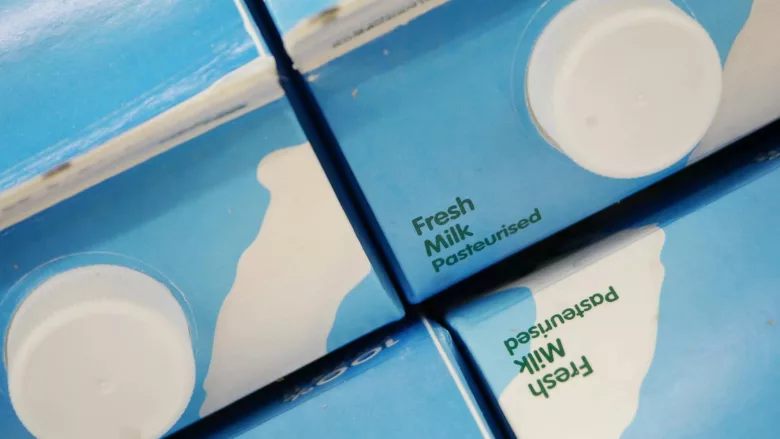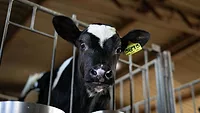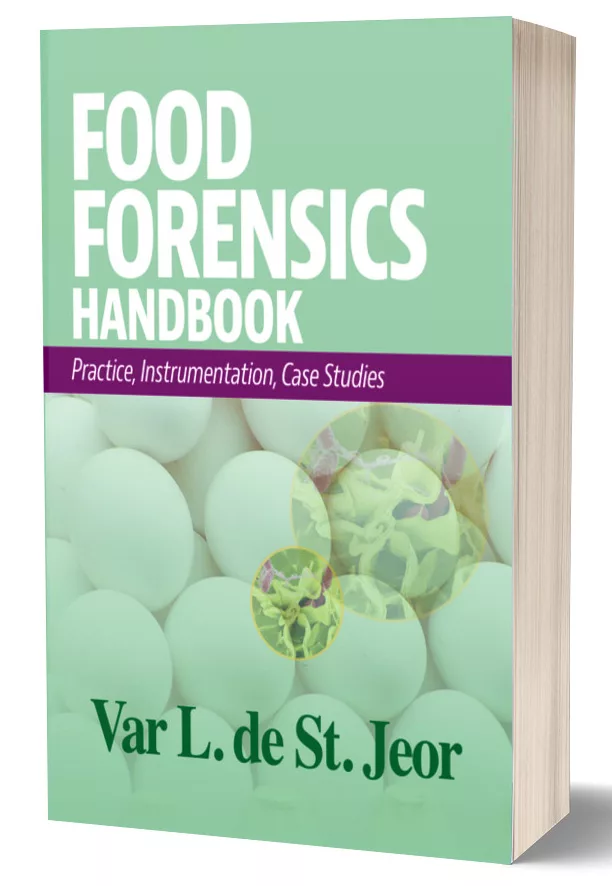Another Study Shows Pasteurization Effectively Kills HPAI in Milk

Image credit: Towfiqu barbhuiya via Pexels
University of Edinburgh researchers have conducted a study that affirms the efficacy of standard pasteurization practices against Highly Pathogenic Avian Influenza (HPAI) H5N1. An ongoing outbreak of the virus continues to affect poultry flocks worldwide and, in North America, dairy cattle herds.
Specifically, the study examined how well common pasteurization methods can inactivate influenza A viruses and one cattle-relevant influenza D virus, as well as wild-type H5N1. The researchers pasteurized inoculated milk at 63°C for 30 minutes, and at 72°C for 15 seconds.
The infectivity of any virus present in the milk was rapidly diminished after pasteurization under both conditions, suggesting that industry-standard pasteurization conditions should effectively inactivate HPAI H5N1 in cow milk. However, the researchers warn that raw milk still poses a risk of transmitting viable HPAI H5N1.
Looking for quick answers on food safety topics?
Try Ask FSM, our new smart AI search tool.
Ask FSM →









